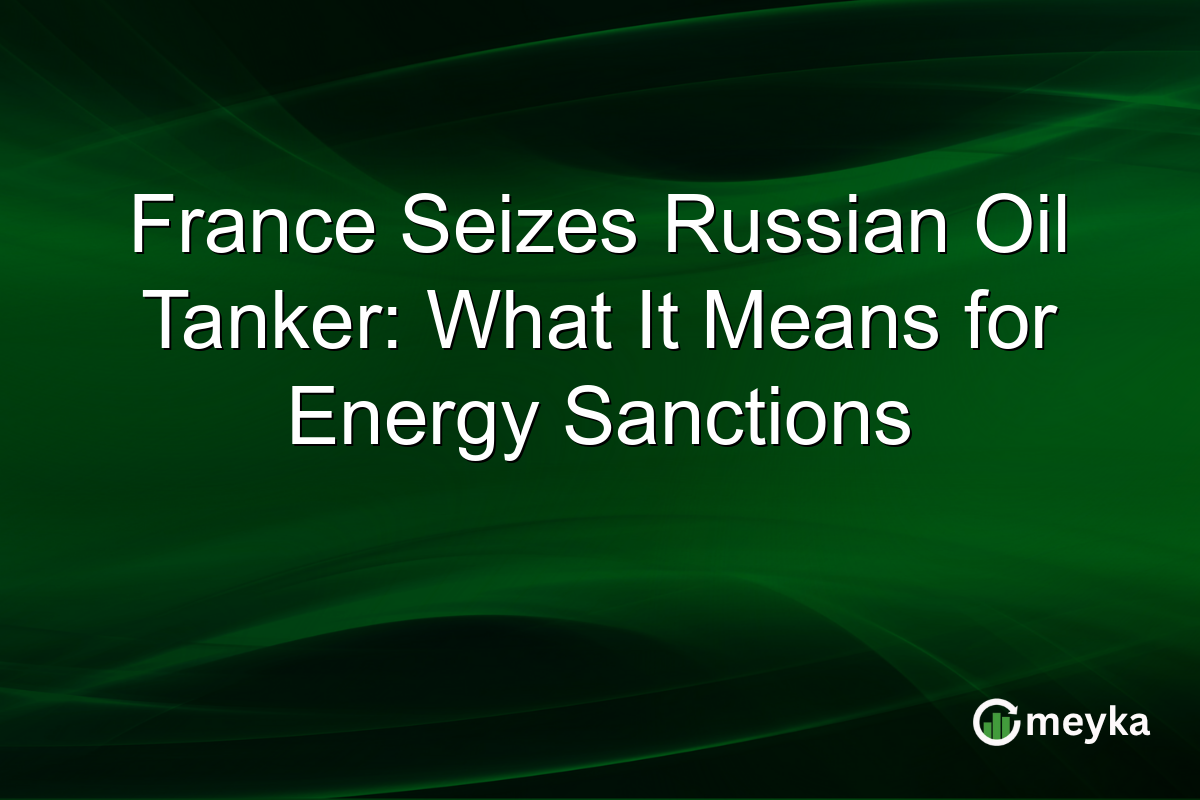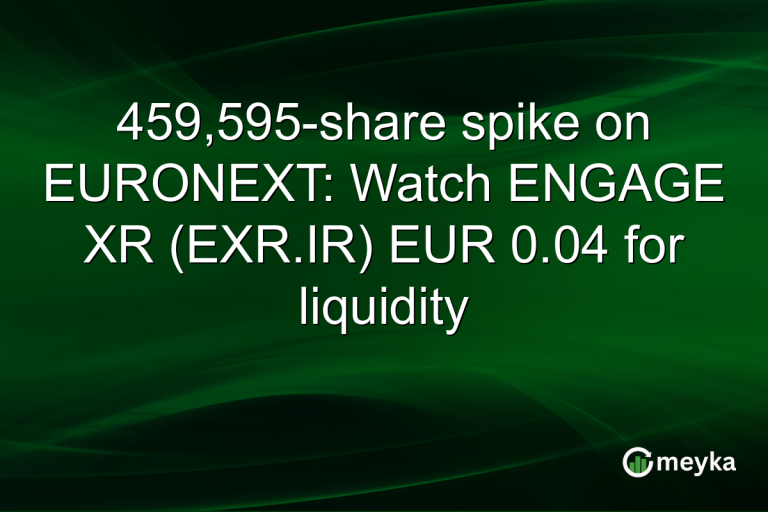France Seizes Russian Oil Tanker: What It Means for Energy Sanctions
The recent seizure of a Russian-linked oil tanker by French authorities marks a significant move in the ongoing tug-of-war between Europe and Russia over energy exports. As part of an intensifying campaign of French energy sanctions, this step underscores Europe’s dedication to enforcing maritime regulations. The action not only raises tensions between France and Russia but also introduces new volatility in European energy markets.
Background on French Energy Sanctions
France’s seizure of the Russian oil tanker comes amid growing efforts to enforce European Union sanctions targeting Russian oil exports. The sanctions are part of a broader set of measures designed to limit Russia’s access to global markets. By intercepting this tanker, France is signaling its commitment to maintaining stringent controls over Russia’s maritime enforcement in Europe. This action aligns with EU policies aimed at reducing dependence on Russian energy to ensure political and economic stability. Recent trends also show increased maritime inspections, demonstrating Europe’s determination to uphold these regulations.
Impact on Russian Oil Exports
Russia has long relied on oil exports as a significant revenue source, and the tightening of French energy sanctions poses substantial challenges. The seizure of tankers impedes Russia’s ability to efficiently transport oil, thereby affecting its revenues. As European countries continue to clamp down on Russian oil pathways, Russia may face increased difficulties in accessing European markets. This could force Russia to seek alternative buyers, potentially at lower prices, to maintain sales. The French government’s recent actions illustrate a pivotal shift in the European approach to Russian energy reliance.Read more on Reuters.
Volatility in European Energy Markets
The tanker’s seizure has repercussions beyond France and Russia. European energy markets are experiencing increased volatility as the enforcement of these sanctions introduces uncertainties. Traders and investors are closely watching geopolitical movements, knowing that any escalation can affect supply chains and pricing. Recently, energy prices have shown volatility due to fluctuating supplies and political tensions. As France and other EU countries maintain their stance, we can expect continued fluctuations that require strategic responses from market participants. This shows the intricate link between geopolitics and energy markets.
Final Thoughts
France’s decision to seize a Russian oil tanker is a significant escalation in the enforcement of energy sanctions against Russia. This move not only targets Russian economic interests but also serves as a reminder of Europe’s evolving stance on energy independence. As tensions escalate, both Russia and European nations must navigate complex geopolitical landscapes to maintain market stability. For investors and companies involved, understanding these dynamics is crucial for navigating the uncertainties that lie ahead. With France at the forefront, Europe’s commitment to sanction enforcement appears stronger than ever.
FAQs
France seized the Russian oil tanker to enforce EU sanctions targeting Russian oil exports. This action aligns with broader European efforts to control energy resources and limit Russia’s influence.
The seizure impacts Russian oil exports by disrupting transport routes. Russia may face decreased efficiency in reaching European markets, potentially leading to lower revenues and forcing a search for alternative buyers.
The action introduces increased volatility in European energy markets. With sanctions impacting supply chains, traders and investors must navigate uncertainties tied to political tensions and regulatory actions.
Disclaimer:
This is for information only, not financial advice. Always do your research.






